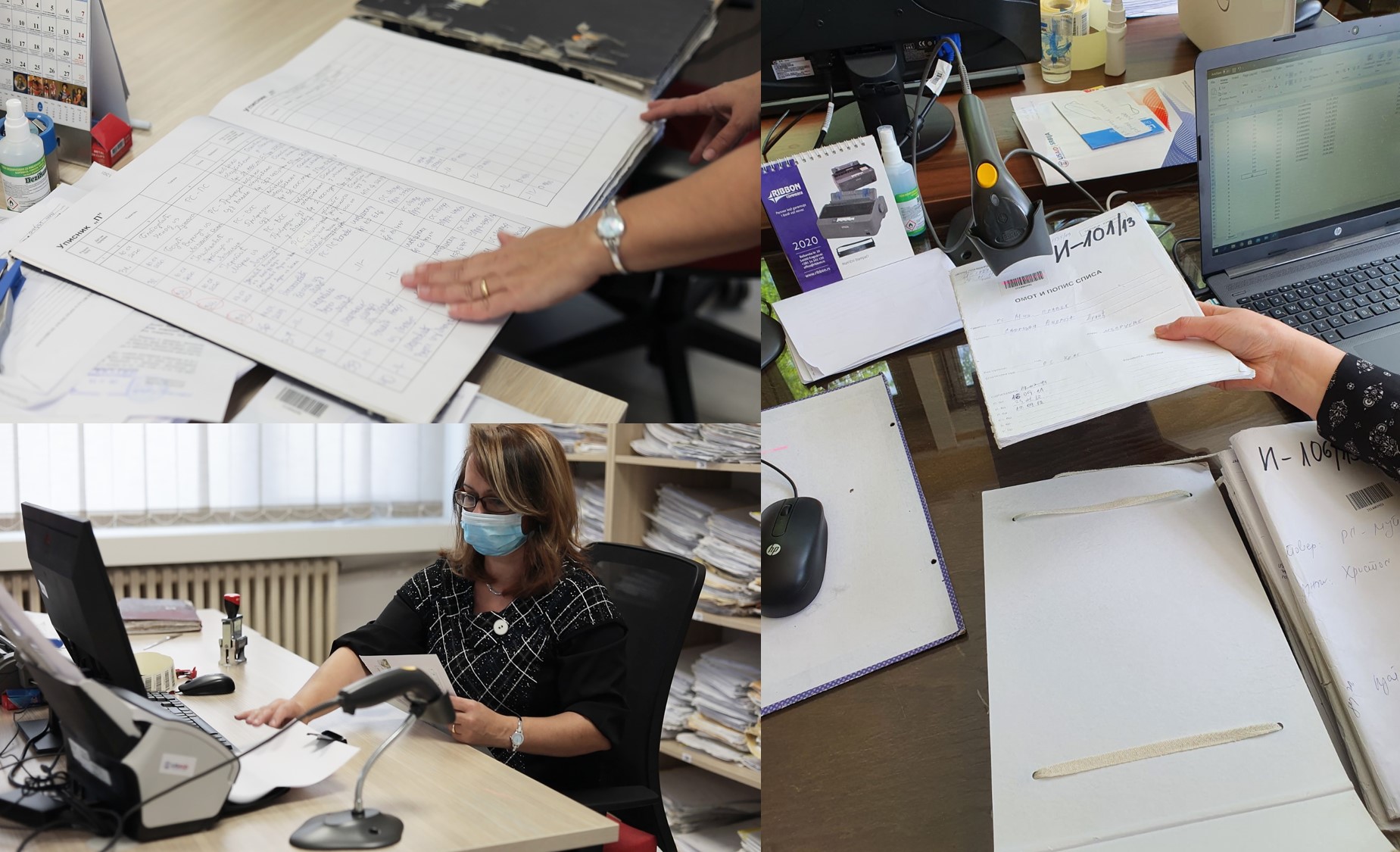DPI helps transform Serbia’s State Attorney’s Office
27.12.2021
Serbia

Belgrade - The State Attorney’s Office acts as legal counsel for over 1,800 state bodies in almost 200,000 cases involving the Republic of Serbia. The time and resource consuming task of replacing paper-based processes in all 11 regional units of the State Attorney’s Office across Serbia was part of the larger USAID effort to help the whole institution undergo a process of transformation and modernization in order to be able to provide high quality representation for the state in cases brought before both domestic and international courts.
Technical and other assistance delivered under the DPI-led USAID Rule of Law Project touched upon almost all facets of institutional growth for the State Attorney’s Office, including developing a strategic plan for the first time, laying the groundwork for mid to long-term initiatives that would help bring cohesion to the organization operating from its seat in Belgrade and 11 regional offices strewn across Serbia. The physical distance was at times a barrier to achieving operational unity, and prevented the organization from fully aligning and standardizing their operations.
The most important step in remedying this situation was the partner-led initiative to upgrade the LURIS case management software that was in use in the Belgrade seat of the institution since 2017, and disseminate it to all regional units. ‘We have been developing, upgrading, and adjusting the application to our regional units, and during this year we managed to connect all the units so that we are now one entity with a single electronic database. In this manner, we have actually completed the process of digitalization in the State Attorney’s Office’, says Serbia’s State Attorney, Olivera Stanimirovic.
With the support of the USAID Rule of Law Project, this process included upgrading the software, connecting the regional units to the Belgrade seat (networking was previously non-existent), and procuring additional equipment to support the roll out of the case management system, and enable staff in the regional offices to effectively and efficiently use the new software. It also involved a great deal of preparatory work, including separating out completed cases ready for archiving from the active case load in order to allow software data entry only for the currently active cases. More than 400,000 cases were cleared out of the regional offices active records with USAID support. ‘Introducing the single case management system contributes to harmonizing the operations in the headquarters, as well as in the regional units of the State Attorney’s Office, especially in mass or repetitive claims, which additionally improves our representation’, says Sanja Gunjic, Deputy State Attorney.
More importantly, however, the process entailed a tectonic organizational culture shift that had to be carefully managed, with increased involvement and support from the institution’s Belgrade seat leadership and staff. In addition to hands-on data entry support provided in order to feed all necessary data into the software, USAID delivered an extensive training exercise for the staff of the regional offices. This was supplemented with targeted visits organized by the staff of the institution’s Belgrade seat in order to engage in open dialogue, transfer the experience and knowledge of working in the automated environment and daily use of case management software, and build bridges of exchange and understanding that turn professional relationships into a source of support, advice, and sustainability once the regional offices went down the path of digitalization.
‘Through the project we have managed to change and educate ourselves, we have managed to lift our institution up to a new level, and for that we are very grateful and happy, and proud as well, and we think this is now a modern State Attorney’s Office’, concludes State Attorney Stanimirovic.
‘The unique data management system is significant not only for us and our institution but for other state bodies as well, which can now due to the availability and accuracy of our data plan their budgets for the next year’, says State Attorney Stanimirovic, referencing requests for data from the ministries of justice and finance on State’s obligations, both due and pending, in cases the State Attorney’s Office is representing. Their readiness to come up with accurate figures allows the State to engage in evidence-based budget planning and projections, a trend greeted with enthusiasm from the International Monetary Fund as well. Accurate case statistics also allow the institution’s leadership to handle resource planning and allocation on the basis of real time data, enabling the optimal functioning of the State Attorney’s Office.
More details on the institutional transformation of the Serbia’s State Attorney’s Office can be found in this video.